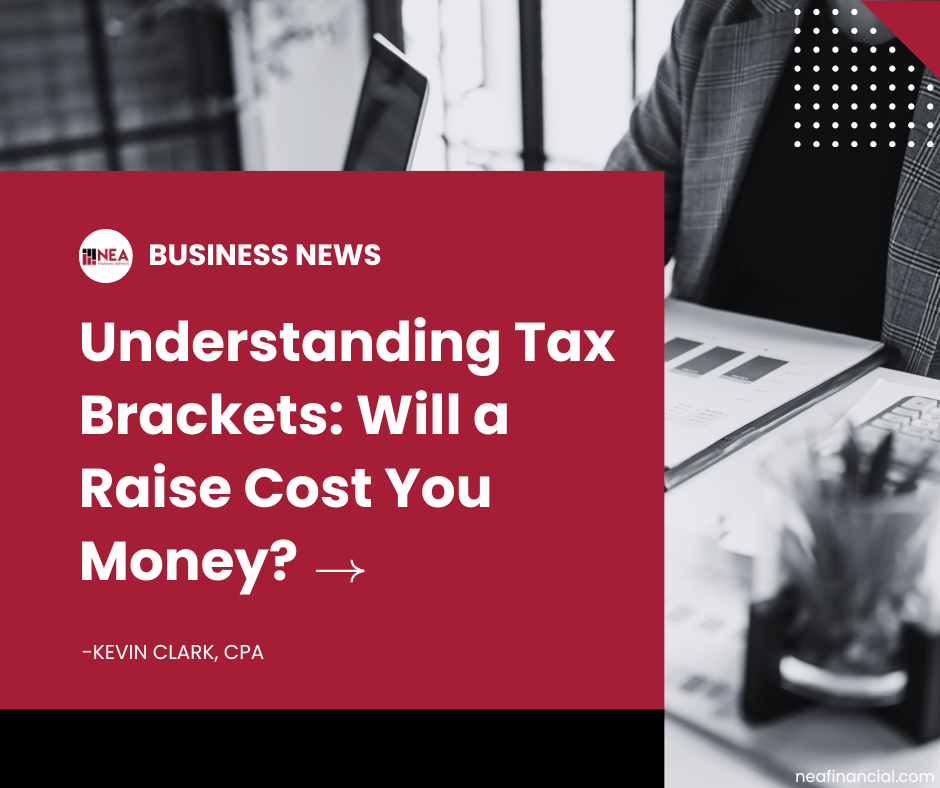Can I work and still receive all of my Social Security benefit?
- Kevin Clark, CPA

- Dec 1, 2022
- 2 min read
Updated: Sep 18, 2025
Would you like the short answer first? YES!
Here’s the “BUT”: Your benefits could be reduced if your total income for the year exceeds a certain amount, and your income may increase to the point that more of your benefits are taxable. It also makes a difference whether you’re receiving benefits before the full retirement age (67).
Here are some details and examples of when your earnings may cause your benefits to be reduced:
1. For 2023, you can earn up to $21,240 in income with no decrease in benefits – even if you are pre-retirement age (<67). And you don’t have to count investment income or retirement income – only W2 wages and self-employment income*. If you earn more than this, your benefits will be reduced by $1 for every $2 you earn above that amount. So if you earn $22,240, your benefits will decrease by $500 for the year.
*Here’s an extra tip: Partnership income counts as self-employment income, so it is included in total income for determining your social security benefits reduction; S- Corporation income is NOT considered self-employment income, so it is not included.
2. For 2023, if you will reach retirement age during the year (67), you can earn up to $56,520. If you earn more than this, your benefits will be reduced by $1 for every $3 you earn above that amount. So if you earn $59,520, your benefits will be reduced by $1,000 for the year.
3. Once you are full retirement age, you keep all of your benefits regardless of the amount of earnings.
Here are some details and examples of how your income taxes are affected:
1. The maximum amount of your social security benefits that will be income taxed is 85%. So to keep the math easy, suppose your social security benefits were $10,000 during the year. Only $8,500 of those benefits will be included in your taxable income.
2. If you are single and your income is below $25,000 (or below $32,000 MFJ), a smaller amount of your social security will be included in your taxable income. How much it decreases is a crazy, IRS-concocted calculation that we can’t detail here, but this at least gives you a guideline to consider as you plan.
If you are able to plan and adjust your income as you near retirement age, it’s possible that you can decrease your overall tax burden. Even if you have no options or flexibility over your income, it’s good to be aware of how your income taxes are affected. It may also help you to decide when to begin receiving social security income to maximize the benefit to you.




Comments